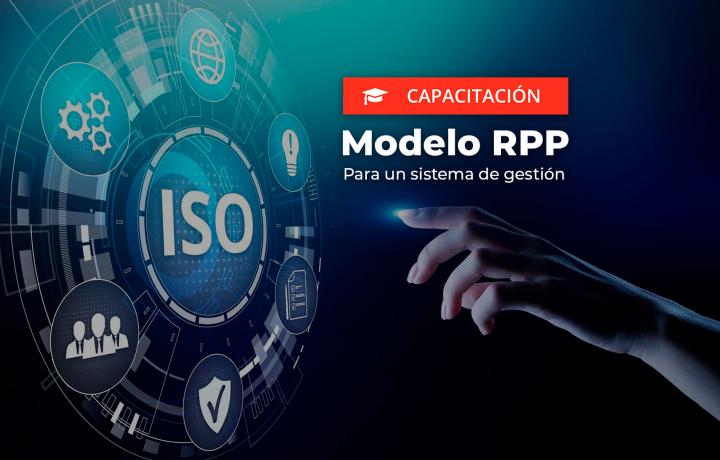
This model presents a different methodology to work on the implementation of a Management System
Current situation
Today we want to start with a reflection and it is about the importance of human resources in management systems, as well as having a comprehensive look with a focus on prevention and proactivity in organizations, many times the focus is on processes such as indicates the PDCA continuous improvement cycle, it is important that we stop to think a little and make a turn in the design, documentation, implementation and maintenance of management systems.
In this blog we want to share with you, based on the professional experiences and lessons learned from [Quara Consulting & Training] (http://www.quaragroup.com/) , the importance that any company, whether in the public sector or private should take into account when implementing a management system, but if you already have it, it is also aimed at these companies; In this case, we will focus on quality management systems under the ISO 9001 standard, but the same is applicable for any management system. And you may wonder, but what do they call having a reactive-preventive and proactive comprehensive approach or look? well let's dig a little deeper.
On most occasions when companies decide to implement a quality management system or when quality managements are preparing the annual planning to maintain the system, the focus and efforts are focused on replicating the same cycle that happened in the year, such as: audit planning, follow-up of findings, risk-opportunity review, management reviews, etc. The question is, are we really providing added value to the company / institution and especially to human resources? What is happening? Well, on many occasions it can be observed that process leaders become reactive and there is only preparation to face audits and therefore limit themselves to comply, but is that really implementing or having a management system? Of course not, and well because I comment on all the aforementioned, it is because there is a great void in organizations because they do not have the key competencies in fundamental issues of management systems, such as being the pillars from having a strategy focused on the client, a focus on the quality of the products or services provided, on the acquisition of regulatory competencies, on organizational development, on resources and suppliers, even on the management of continuous improvement.
Having said the above, we can summarize that many quality managements spend the year repeating the same from previous years and not applying and taking advantage of the virtues of good international management practices that the ISO standards provide us, and this, why? The answer that we have found to this after years of experience in implementing management systems in organizations, is because many times the personnel who lead both the management system and each of the processes are left with only theoretical knowledge and even we would dare to say that the text of each regulatory requirement, but not with an understanding for their application and let alone application tools or techniques that make the most of what management systems are.
Route to Follow to Solve the Problem Raised
As a starting point it is important to "shake the comfort zone" as it is popularly said and focus on obtaining greater learning in techniques, management tools and above all in being able to understand and translate what the requirements of the standard really ask of us, to be that internal consulting agent of the organizations. Therefore, according to the experience obtained in the implementation of quality systems in [Quara Consulting & Training] (http://www.quaragroup.com/) , we have designed and also verified the implementation of a sheet of route to follow in order to have that comprehensive look, which we call the "RPP Model" (reactive-preventive-proactive), which has allowed us to deepen each one with methodologies of learning by doing, understanding the concept and above all, having tools of management that support the processes to live and be, not only reactive but preventive and with a proactivity that allows organizations to take full advantage of the virtues of having an implemented management system. Which can be seen in the following image in an integral way the 6 pillars and their specific content of technical training to be acquired to implement a more effective and efficient quality management system
What benefits can we acquire?
As part of the result obtained by organizations that focus their efforts on the acquisition of comprehensive competencies with an RPP (reactive-preventive-proactive) look at their staff, be it managers, managers, process leaders, among others, is that not only They are based on having the typical training that one can self-manage in social networks by downloading a video, documentary or attending a face-to-face or virtual course, but rather, this type of comprehensive RPP (reactive-preventive-proactive) training must have with the teacher's expertise in the application of management rules to interact and discuss problems to base ourselves on lessons learned with knowledge of the cause and guide the participants in the application of best practices, in addition to having the necessary didactic material that adds value as part of the support of organizational knowledge and above all in making management systems live and not only staying with the theoretical knowledge, this through the use of management tools tailored to each company and in a transversal way for the implementation of the normative points of the ISO standards. If you liked our content and want more information, you can contact us by email [info@quaragroup.com] (mailto: info@quaragroup.com)



